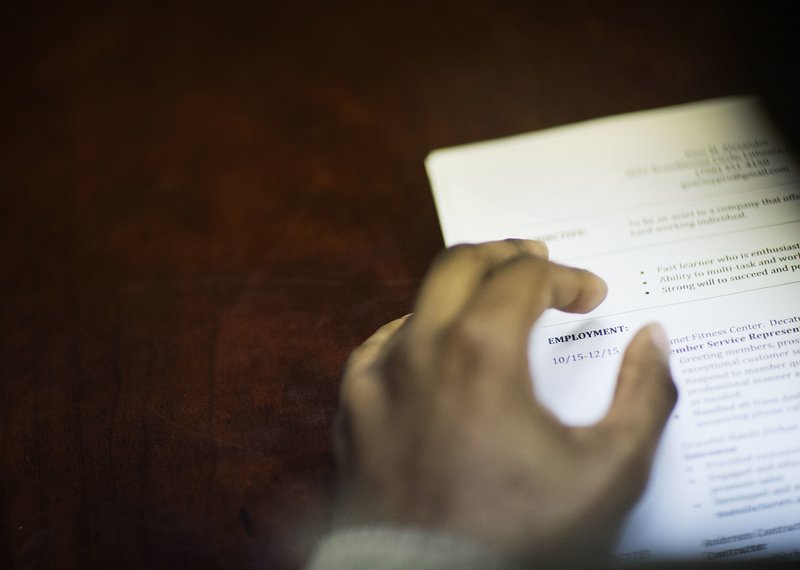Business economists are giving a more pessimistic outlook about U.S. economic growth this year for the third consecutive month, and uncertainty over the November presidential election has proven to be damaging.
The median estimate from economists surveyed by the National Association for Business Economics calls for gross domestic product growth of only 1.8 percent, down from the 2.2 percent forecast in March. The outlook for next year calls for 2.3 percent growth.
The survey released Monday also shows the forecast for growth in corporate profits swinging from a 2 percent gain in March, to negative 2 percent in June.
Of the economists surveyed, 57 percent said that uncertainty over the election led them to reduce their expectations.
Doubts about the economy deepened Friday when the government reported that hiring in May slowed to a near-standstill. While unemployment slid from 5 percent to 4.7 percent, the lowest since November 2007, the rate fell because nearly a half-million jobless Americans stopped looking for work and so were no longer counted as unemployed.
Employers added just 38,000 jobs in May, the fewest in more than five years.
The surprisingly weak jobs report raised doubts that the Federal Reserve will increase short-term interest rates at its next meeting this month or at its subsequent meeting in July. Rates have hovered around zero for seven years, and many experts had expected the Fed to grow more aggressive this summer.
Economic unease has shaken up the presidential race.
Americans especially worried about the economy have been more likely to support candidates who promote themselves as outsiders, like Republican Donald Trump and Sen. Bernie Sanders, a Democrat. California holds its Democratic primary today.
Forty-nine percent of the economists in the National Association for Business Economics survey see a positive impact on economic growth this year from low oil prices, as opposed to 18 percent viewing it as a negative. For next year, 55 percent see the impact as positive and 7 percent as negative.
The economists expect home prices to increase 5 percent for the fourth quarter, unchanged from the March forecast. The median estimate is for the growth in home prices to slow to 4.3 percent next year, just above 4 percent forecast in March.
Another negative political factor for economic growth is the rise of nationalist views such as trade protectionism around the world. That was chosen by 38 percent of those surveyed as the factor most likely to significantly reduce global growth in the next two years. Sixteen percent chose terrorism as hurting economic growth.
The survey of 48 forecasters was taken between May 2 and May 17.
Business on 06/07/2016
